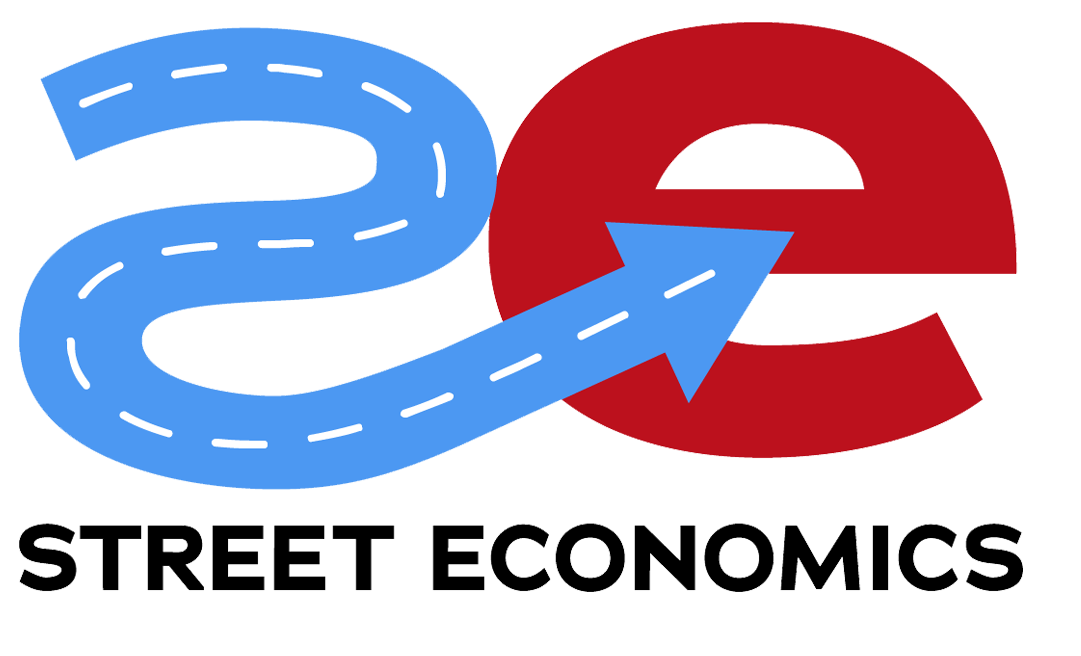The “Strange New World” of Homebuying
A recent WSJ article discusses the unprecedented challenges facing homebuyers in today’s market. Factors such as limited inventory, high mortgage rates, and shifting demand patterns are making it harder for buyers to access housing.
Key Takeaways for Cities:
- Affordability Crisis: With fewer affordable homes available, cities need to rethink zoning and housing policies to increase inventory, especially for middle-income families.
- Population Mobility: Cities that fail to address affordability risk losing residents to regions with lower housing costs and better opportunities.
- Economic Stability: Local economies are tied to the housing market, which affects everything from property taxes to retail spending. Addressing these challenges is not just about housing—it’s about sustaining broader economic growth.
What Cities Can Do:
- Reassess Zoning Laws: Cities should consider allowing for higher-density housing to expand inventory. Mixed-use developments and accessory dwelling units (ADUs) can offer creative solutions.
- Partner with Developers: Collaborating with developers to incentivize affordable housing projects can help increase supply while meeting diverse community needs.
- Focus on Infrastructure: Investing in transit and amenities can make peripheral areas more accessible, unlocking new opportunities for housing development.
The Realtor Industry Shakeup
A CNN article highlights the seismic shift happening in the realtor industry, with the Justice Department’s settlement raising questions about the transparency and fairness of real estate transactions. Buyers and sellers are navigating new challenges as the industry grapples with this transformation.
Key Takeaways for Cities:
- Consumer Confidence: Changes in the real estate process could lead to confusion and hesitation among homebuyers and sellers, potentially cooling local housing markets.
- Market Access: Any shakeup in how real estate services are provided could either help or hinder underserved populations’ ability to enter the housing market.
- Economic Ripple Effects: Real estate commissions, transaction fees, and the broader ecosystem of homebuying services are significant contributors to local economies. Disruption here could impact jobs and revenues.
What Cities Can Do:
- Promote Financial Literacy: Offer programs to educate residents on navigating the new real estate landscape. This could include workshops on mortgage options or how to buy a home without relying on traditional brokerage models.
- Encourage Innovation: Cities should foster a climate where proptech (property technology) startups can offer innovative solutions for real estate transactions, bringing greater efficiency and transparency to the market.
- Monitor Equity Impacts: Ensure that changes in the real estate process do not disproportionately affect marginalized communities. Cities could collaborate with non-profits and housing advocates to identify gaps and provide support.
The Larger Picture for Cities
The intersection of these two trends: the strained housing market and the evolving real estate industry, requires cities to adopt a proactive and flexible approach. While these challenges present hurdles, they also offer opportunities for innovation in housing policy, economic planning, and community engagement.
At BusinessFlare, we emphasize the importance of creating balanced communities where people want to live and work. Through Street Economics, we provide actionable insights to help cities navigate these complexities. Addressing the housing challenges of today requires a collaborative effort, a commitment to equity, and a willingness to rethink old models.
Cities that take the lead in responding to these changes will not only weather the storm but emerge stronger, more vibrant, and more resilient.



Comments are closed